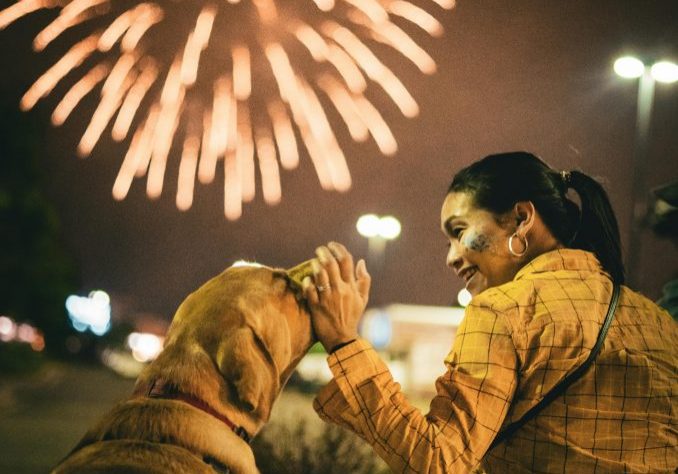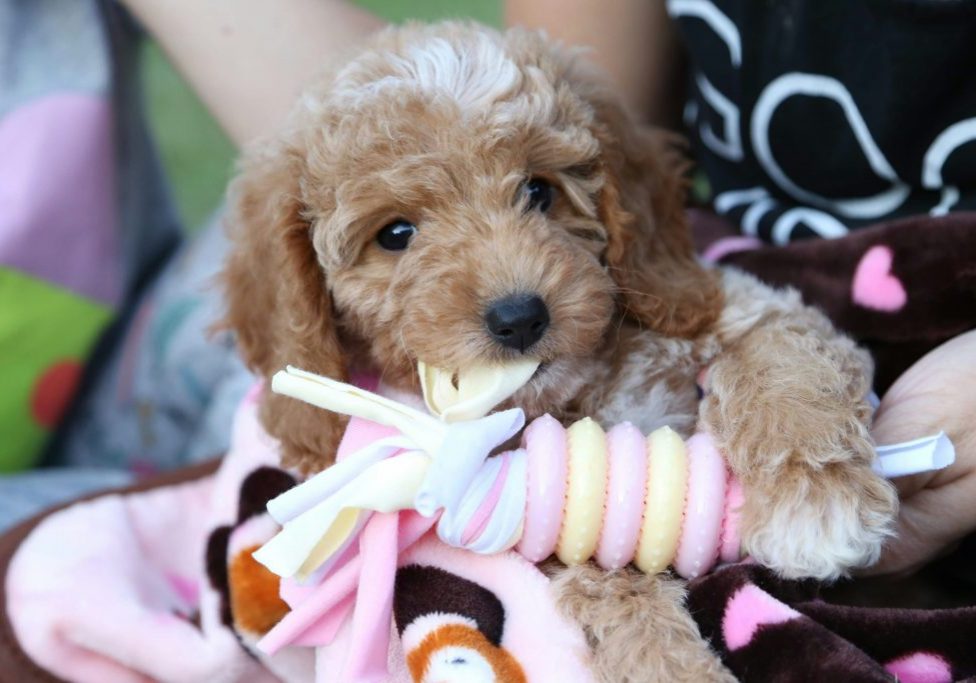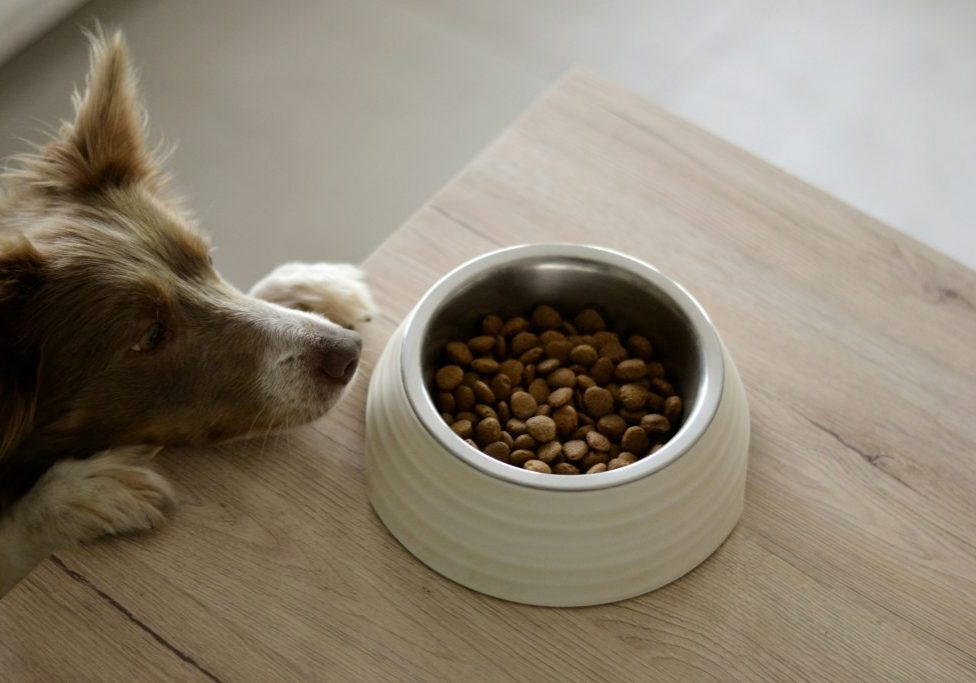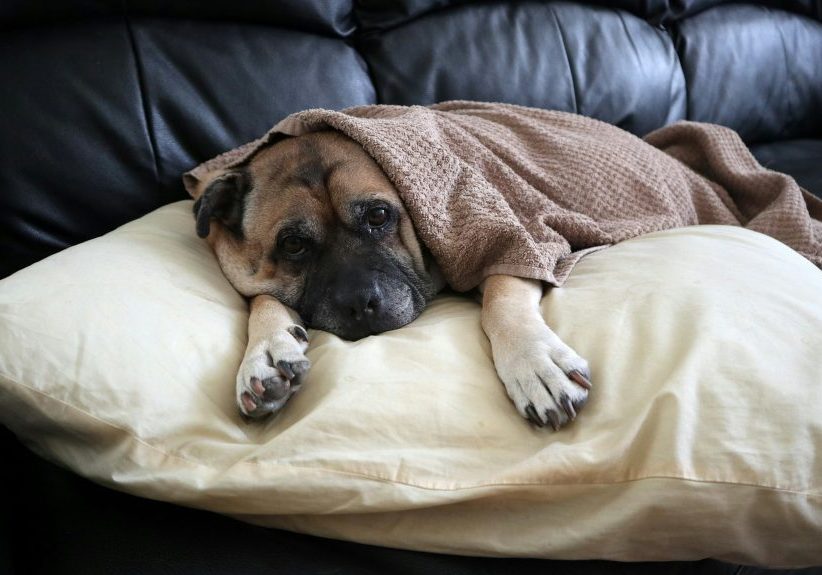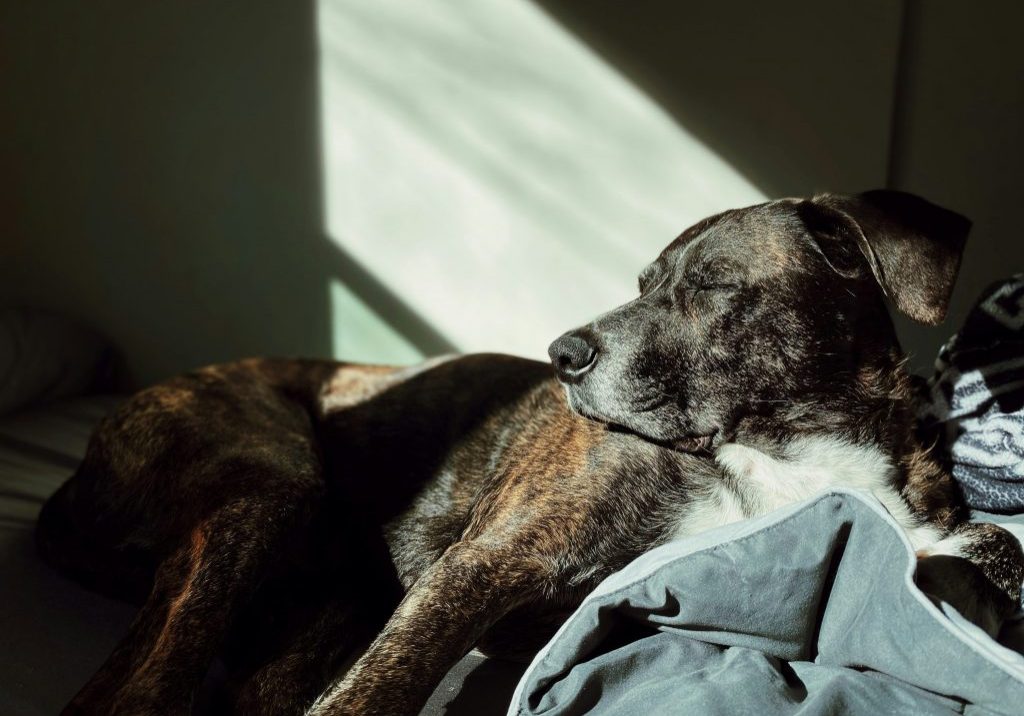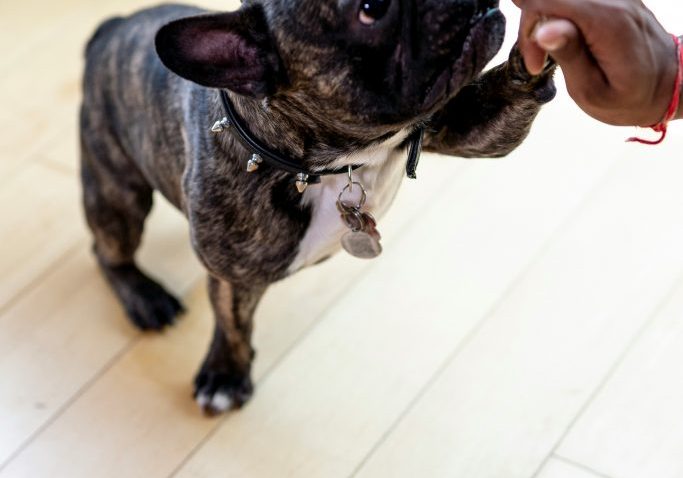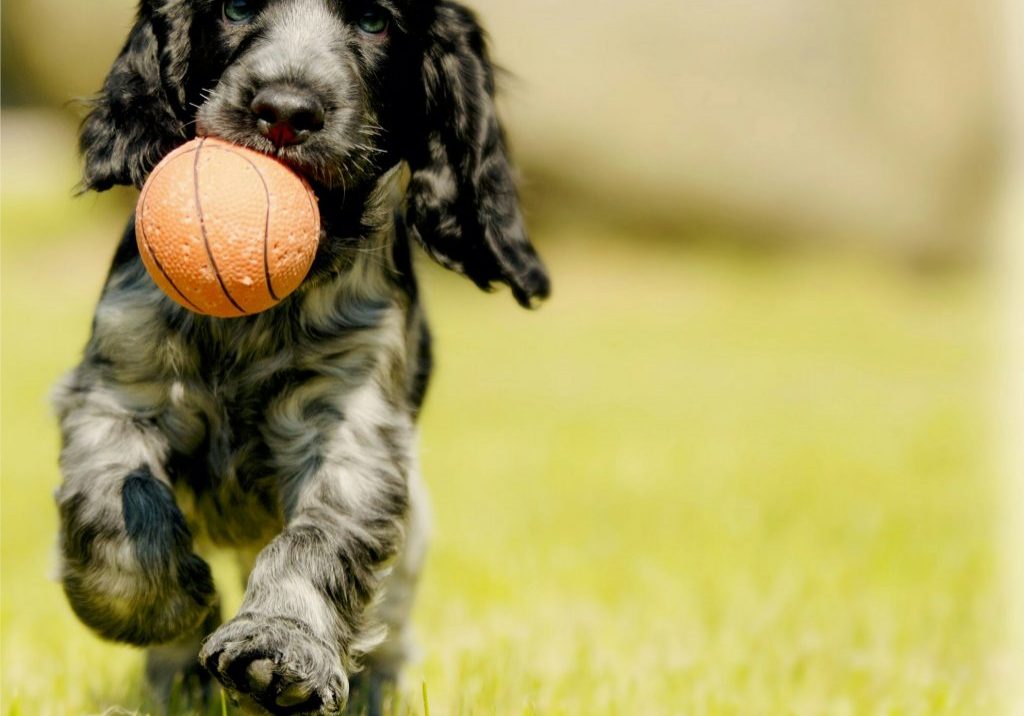Curing Teenage Doggy Boredom

hwllo-sniffer.co.uk/curing-teenage-doggy-boredom
December 8, 2024
Sniffer_Admin
If you thought your dog’s puppy days were energetic, welcome to the teenage phase! As your pooch grows into adolescence, their energy levels can surge, and so can their curiosity. Unfortunately, without proper outlets, that boundless energy can quickly lead to boredom—and a bored teenage dog is often a mischievous one. From chewed-up cushions to impromptu garden excavations, boredom can result in behaviour that tests even the most patient owner. Here’s how to keep your teenage dog entertained, mentally stimulated, and out of trouble.
Why Do Teenage Dogs Get Bored?
Teenage dogs are like human teenagers in many ways. Their bodies are growing, their minds are developing, and they’re full of energy. However, this phase also brings more independence, which can lead to restlessness if they’re not mentally and physically engaged. They’re not puppies anymore, but they’re not adults either—a tricky middle ground that requires extra attention.
Signs Your Dog Is Bored
Dogs show boredom in different ways, but common signs include:
- Chewing: From furniture to shoes, a bored dog might sink their teeth into anything.
- Excessive Barking or Whining: This can be their way of saying, “Pay attention to me!”
- Digging: Boredom might have your dog turning your flowerbeds into a personal digging pit.
- Restlessness: If they’re pacing, jumping, or constantly nudging you, they may be looking for something to do.
Fun Ways to Beat Boredom
Let’s explore a mix of mental and physical activities to keep your teenage dog entertained.
Interactive Toys
Toys like puzzle feeders and treat-dispensing balls are great for keeping your dog busy and challenged. They engage their problem-solving skills and reward their effort with tasty treats.
Pro Tip: Rotate toys regularly to keep things fresh and exciting. Dogs can get bored of the same toy if it’s always available.
Playtime That Packs a Punch
Not all playtime is created equal. Mix up games to keep your dog engaged:
- Fetch: A classic for a reason! It’s a great way to burn off energy and work on commands like “drop it.”
- Tug-of-War: This can be a fantastic bonding game—just make sure to play by the rules, teaching your dog to release when asked.
- Hide-and-Seek: Hide a toy or treat around the house and let your dog sniff it out.
Daily Walks with a Twist
Walks aren’t just about exercise—they’re about mental stimulation too. Change your route occasionally or let your dog lead the way (safely, of course) to explore new sights and smells. You can even incorporate training exercises like “sit” or “wait” at intervals during the walk.
Canine Sports and Hobbies
For highly energetic dogs, consider organised activities like agility training, flyball, or obedience classes. These provide a physical challenge while strengthening your bond.
Mental Stimulation is Key
Training Sessions
Your teenage dog’s brain is a sponge right now—soak it up with training! Teaching new tricks or commands keeps their mind engaged and can help curb unwanted behaviours. Short, frequent sessions work best to maintain their attention.
Scent Work
Dogs have incredible noses, and scent-based games can be both fun and tiring. Hide a favourite toy or scatter small treats around the garden for them to sniff out.
Create a Structured Routine
Teenagers—canine or human—thrive on structure. A predictable routine that includes meal times, walks, play sessions, and downtime can help keep boredom at bay. It also reduces anxiety, as your dog knows what to expect throughout the day.
Give Them a Job
Some breeds are natural workers and need tasks to feel fulfilled. Simple “jobs” like carrying a backpack on a walk, fetching the post, or even tidying up their toys can keep these dogs happy and occupied.
Quality Time Matters
Sometimes, your dog just wants to spend time with you. A simple cuddle on the sofa or some quiet grooming time can make all the difference. It strengthens your bond and reassures your dog that they’re loved.
Avoiding Bad Habits
Bored dogs often develop behaviours like chewing, digging, or excessive barking. While providing entertainment is crucial, it’s also important to redirect these behaviours positively. For example:
- Provide a chew toy when they start gnawing on the furniture.
- Encourage digging in a designated spot, like a sandpit, instead of the garden.
When You’re Away
It’s not always possible to be home all day, and that’s okay. If you’re out for longer periods, consider these boredom busters:
- Hire a dog walker or ask a friend to pop in for a play session.
- Leave interactive toys or a food puzzle to keep them busy.
- Create a cosy space with their favourite blankets and toys to make alone time more comfortable.
The Teenage Phase is Temporary
While this stage can be challenging, it’s important to remember that teenage behaviour won’t last forever. By keeping your dog’s body active and their mind engaged, you’re setting the foundation for a well-rounded, happy adult dog.
A Happy, Busy Dog is a Good Dog
Tackling teenage doggy boredom isn’t just about protecting your home from destruction—it’s about keeping your dog healthy, happy, and thriving. With the right mix of activities, structure, and love, you’ll guide your pooch through this phase with wagging tails and plenty of fun along the way.
